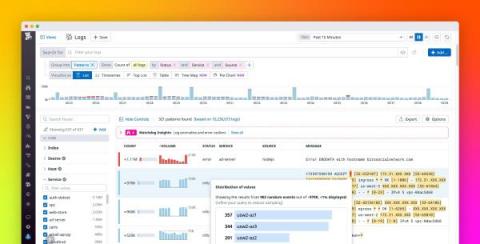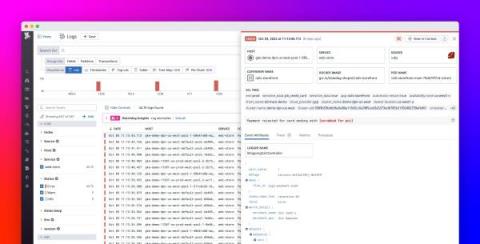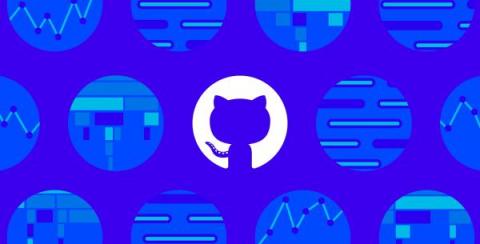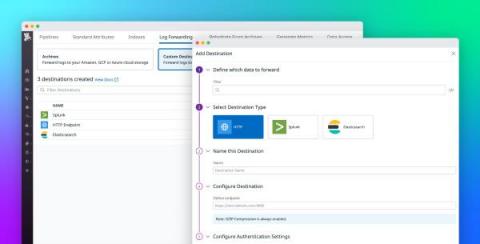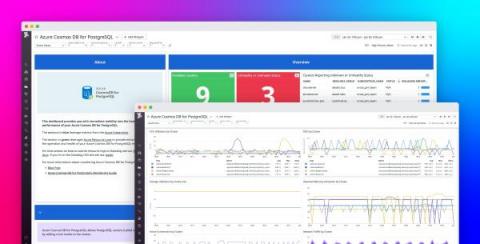Identify and redact sensitive data in APM, RUM, and Events stream with Sensitive Data Scanner
Customer-facing applications request and process many types of sensitive data, such as API keys, credit card numbers, and email addresses. As your application scales in size and complexity, it becomes harder to keep track of this sensitive data moving across more services, increasing the risk of data leaks.


